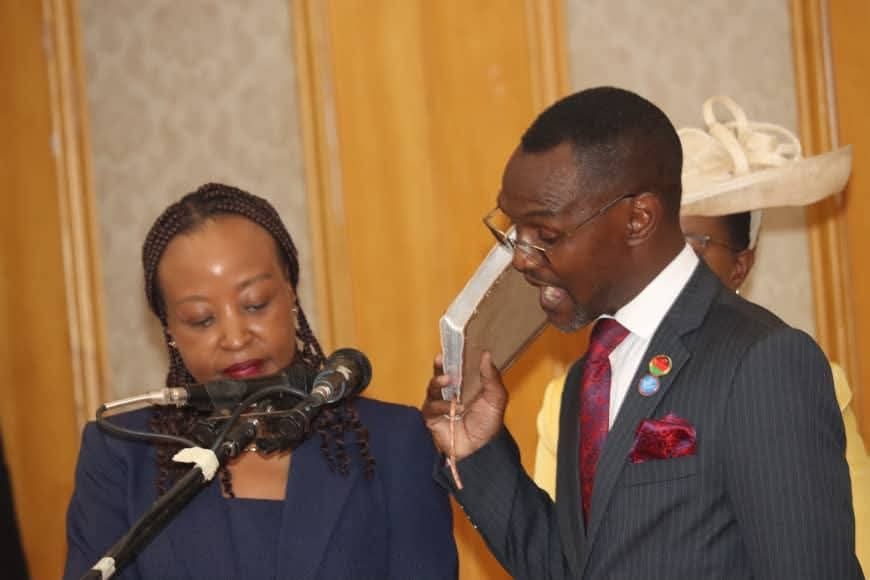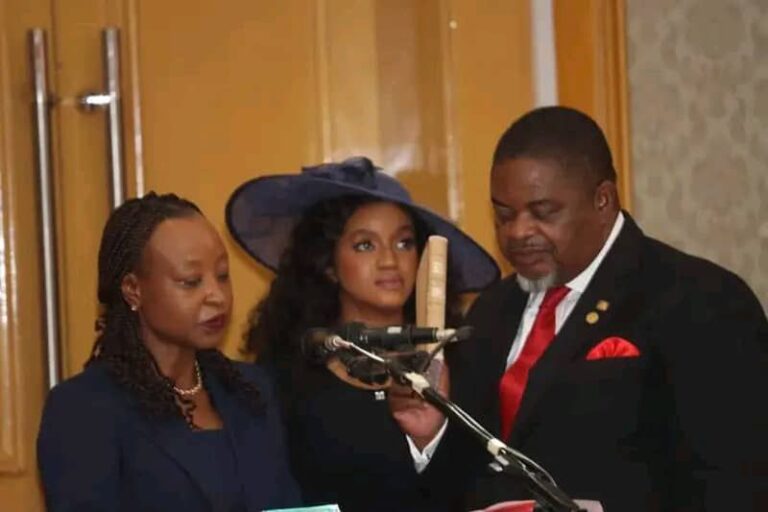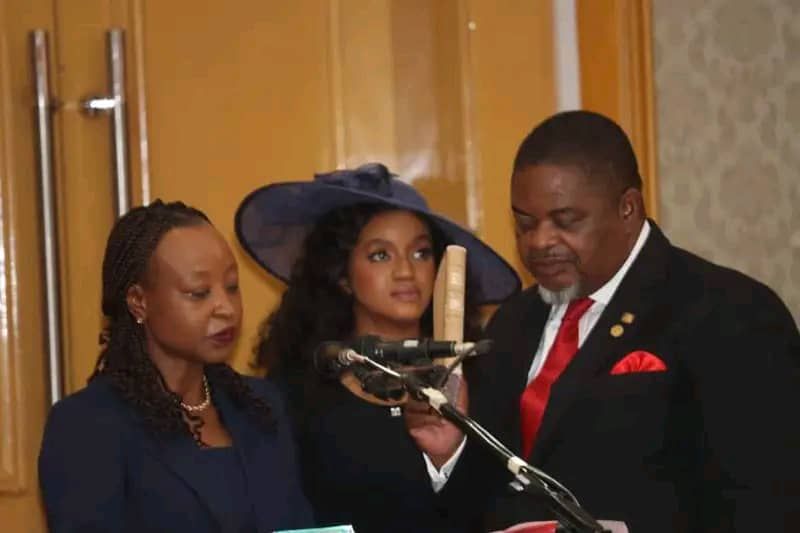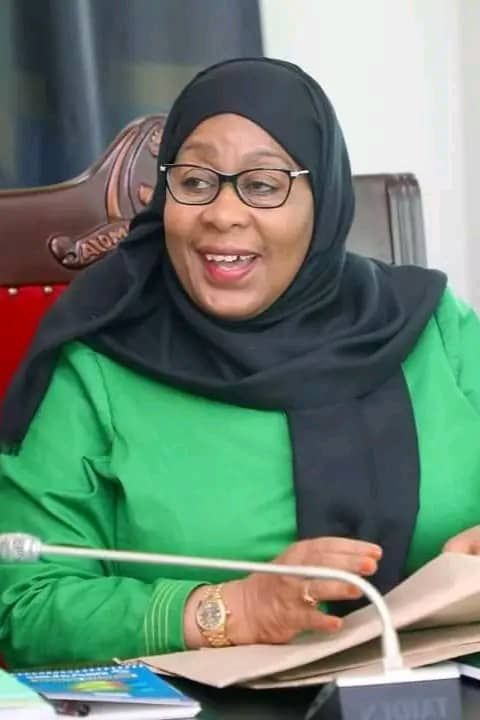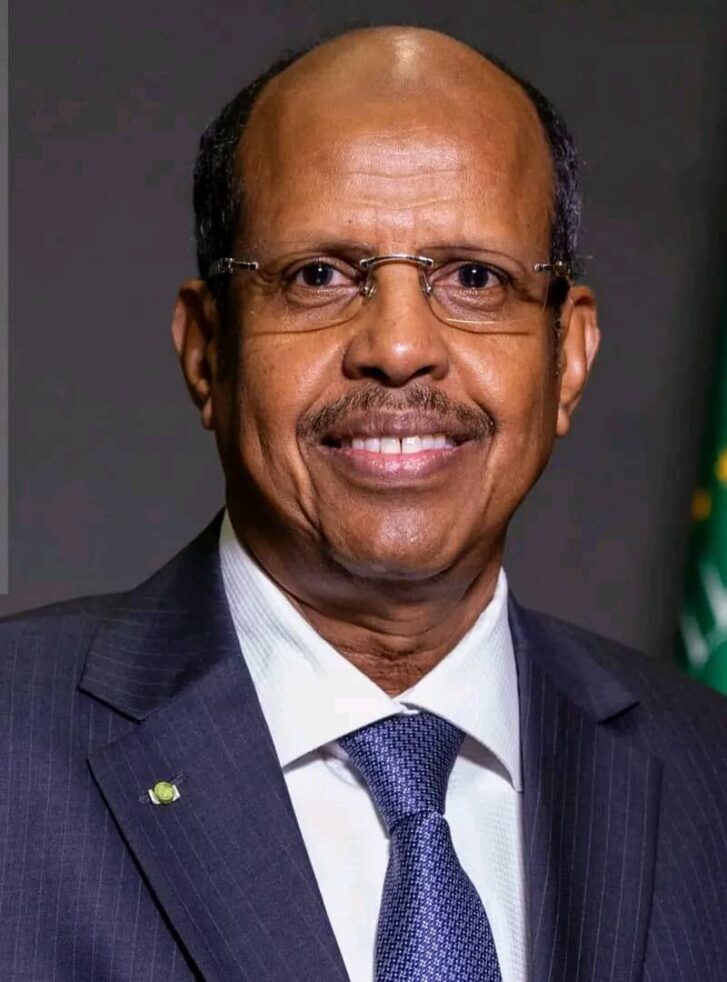By Rahim Abdul
Macdonald Maganizo and Mercy Malembo emerged champions in the 42.195-kilometre marathon held in Blantyre on Saturday, an event organized by the Malawi National Council of Sports.
Maganizo, representing the Support Battalion, outpaced his competitors to cross the finish line in 2 hours, 31 minutes and 29 seconds (2:31:29), earning him the top spot. He was followed by Kefasi Kasiteni, who finished in 2:34:00, while Austin Sukali came third, clocking 2:34:38.


In the women’s category, Mercy Malembo showcased remarkable endurance, finishing first in 3 hours, 5 minutes, and 8 seconds (3:05:08). Tereza Master secured second place with a time of 3:07:16 and Fostina Pemba closely followed in 3:07:25.
For their outstanding performances, both Maganizo and Malembo received MK2 million each, while the runners-up Kasiteni and Master were awarded MK1.5 million each. The third-place finishers, Sukali and Pemba, took home MK1.2 million each.
The marathon attracted participants from three cities across Malawi, including one athlete from China, reflecting the growing interest in competitive long-distance running in the country.
Speaking after the event, Maganizo expressed his excitement, saying the win was a result of hard work and consistent training, while Malembo dedicated her victory to all women athletes striving to break barriers in sports.
The Malawi National Council of Sports commended the athletes for their discipline and determination, promising continued support to improve athletics standards in Malawi.






